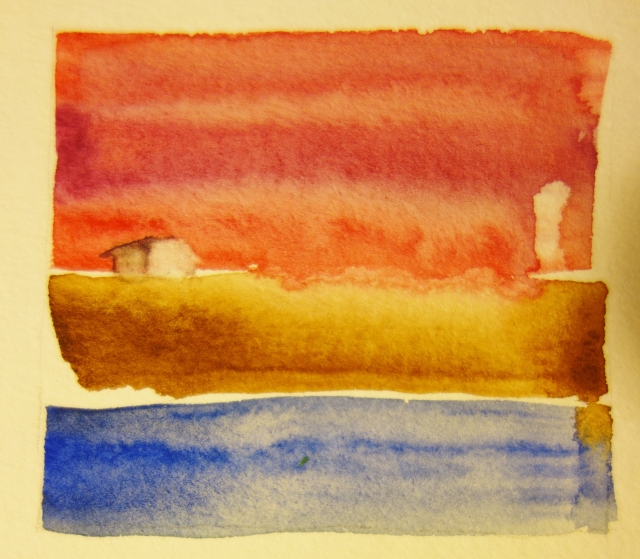
No. In fact I’m rather critical of my own work and often wish I could do a bit more editing. That’s not to say I dislike my own work. The opposite is true.
I selected this image to suggest that even though I’ve loved every one of my pets through the years, I’ve loved other people’s pets as well. The relationship is different with your own pet. You know that animal intimately, just as an author knows her/his own work intimately. But it doesn’t prevent you from admiring the beauty, grace, humor, and style that is another’s.
(This question came to me from Ancillae Assumpta Academy in Wyncote, Pennsylvania)







 This photo of Lucille Burroughs was taken by Walker Evans during the Great Depression as part of the WPA project. When my editor began searching for a cover idea for OUT OF THE DUST, she stopped in a shop in New York City that featured photography. There she found a collection of Walker Evans’ images and selected this one, sending it to me with a post-it note attached, suggesting this would make a perfect cover. She had no idea how right she was. I, too, had been focused on this photograph while writing the book. It sat beside my computer along with several other images from the Agee/Walker book LET US NOW PRAISE FAMOUS MEN.
This photo of Lucille Burroughs was taken by Walker Evans during the Great Depression as part of the WPA project. When my editor began searching for a cover idea for OUT OF THE DUST, she stopped in a shop in New York City that featured photography. There she found a collection of Walker Evans’ images and selected this one, sending it to me with a post-it note attached, suggesting this would make a perfect cover. She had no idea how right she was. I, too, had been focused on this photograph while writing the book. It sat beside my computer along with several other images from the Agee/Walker book LET US NOW PRAISE FAMOUS MEN.
